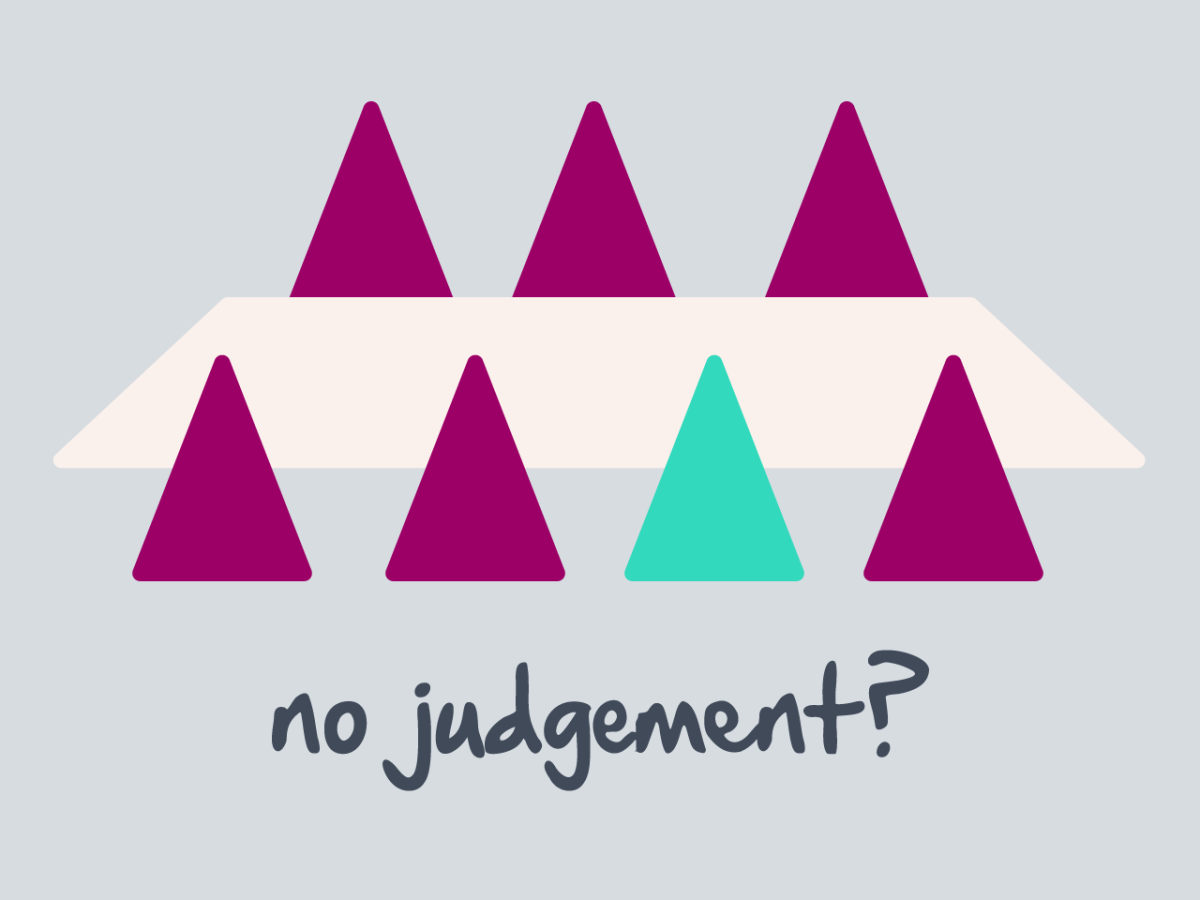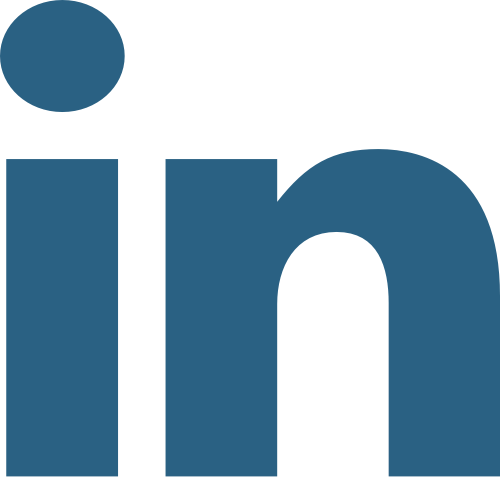
No loud voices
Francesco Marcatto4 Jul 16
Creating ideas with other people has some clear advantages, but if we’re not careful it can also have negative effects, which produce a poorer quality of ideas. There are three main ways the process can defeat itself:
1. Fear of criticism
It’s the second rule of brainstorming: withhold criticism. And yet, even with a skilled facilitator, it’s hard to avoid the human fear of negative evaluation by other group members.
Unfortunately, the fear of criticism prevents people from presenting their more original ideas and produces more safe and socially acceptable ideas, which, let’s face it, is not why you decided to have a brainstorming session! (Collaros & Anderson, 1979).
2. Loud voices win
Another very common social problem is that the more boisterous people tend to overpower everyone else. We ran a survey about brainstorming and 'loud voices win' was the most common problem in brainstorming sessions, reported by an astonishing 60% of participants! If you believe everyone can have great ideas, not just those who shout the loudest, then it’s time to try another way.
3. Conforming to authority
The presence of someone of higher in the pecking order in a creative session can make people defer to authority and increases conformism. This essentially inhibits the production of novel and divergent ideas (Byron, 2012) but also impedes the selection process. Yes, it's hard to ignore the boss's pet idea!
How do you remove these social issues from group creativity sessions?
At Mindiply, we know that when you’re brainstorming, you’re not looking for safe ideas that everyone likes. You certainly don’t want to be persuaded into thinking like the loudest person in the room, and you’re not looking for your boss’s approval.
You do creativity sessions because you need innovative ideas that solve problems. That's why Neonce is different from other group creativity tools and shared whiteboards.
Neonce
We have conceived and designed Neonce for the sole purpose of helping you create innovative ideas, without the negative effect of these social issues. We have based the design of Neonce on research, and research says it loud and clear: anonymous contribution in brainstorming leads to produce more, and more original, ideas (see, for example, Jessup, Connolly, & Galegher, 1990; Connolly, Jessup, & Valacich, 1990; and our favourite: Cooper, Gallupe, Pollard, & Cadsby, 1998, appropriately titled 'Some Liberating Effects of Anonymous Electronic Brainstorming').
Everything you do in Neonce is anonymous. So you’re free to share that disruptive idea which you know is crazy, but once developed has the potential to be the next great thing. And you really don't have to vote for your boss's favourite idea - you won't even know which it is!
The first version of Neonce is online, and it’s completely FREE. If your team would benefit from this, we would love to hear from you and you can sign up for a free version here.
This is just one feature of the Neonce method. Curious to see the others?
Read the rest in this 5 part series:
References
- Byron, K. (2012). Creative reflections on brainstorming. London Review of Education, 10(2), 201-213.
- Collaros, P. A., & Anderson, L. R. (1969). Effect of perceived expertness upon creativity of members of brainstorming groups. Journal of Applied Psychology, 53(2p1), 159.
- Connolly, T., Jessup, L. M., & Valacich, J. S. (1990). Effects of anonymity and evaluative tone on idea generation in computer-mediated groups. Management science, 36(6), 689-703.
- Cooper, W. H., Gallupe, R. B., Pollard, S., & Cadsby, J. (1998). Some liberating effects of anonymous electronic brainstorming. Small Group Research, 29(2), 147-178.
- Jessup, L. M., Connolly, T., & Galegher, J. (1990). The effects of anonymity on GDSS group process with an idea-generating task. MIS quarterly, 313-321.







